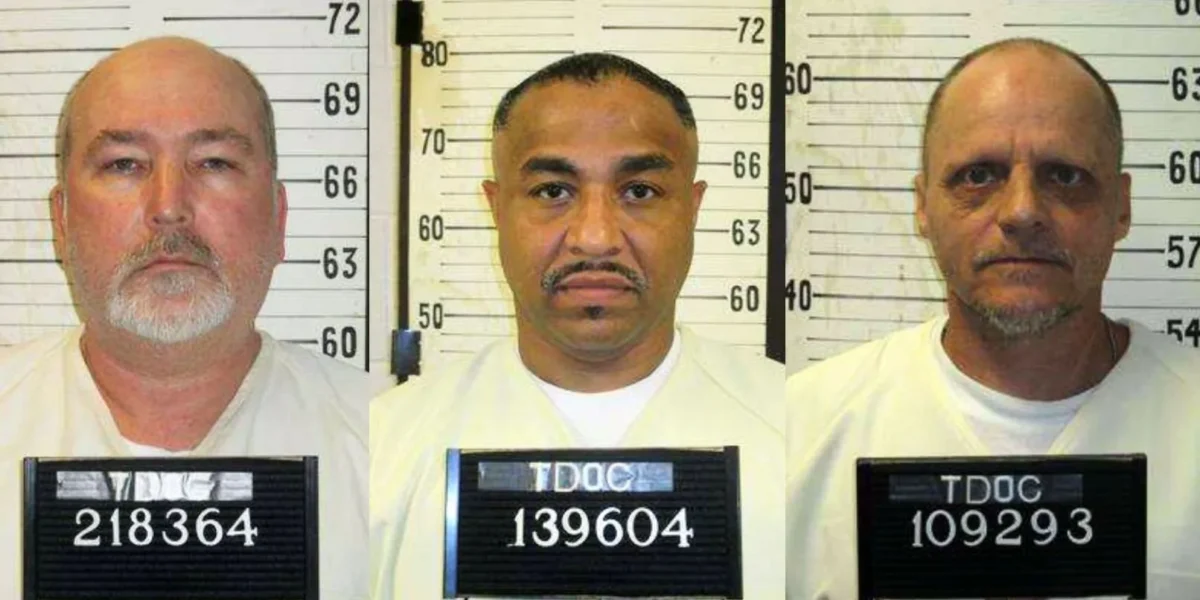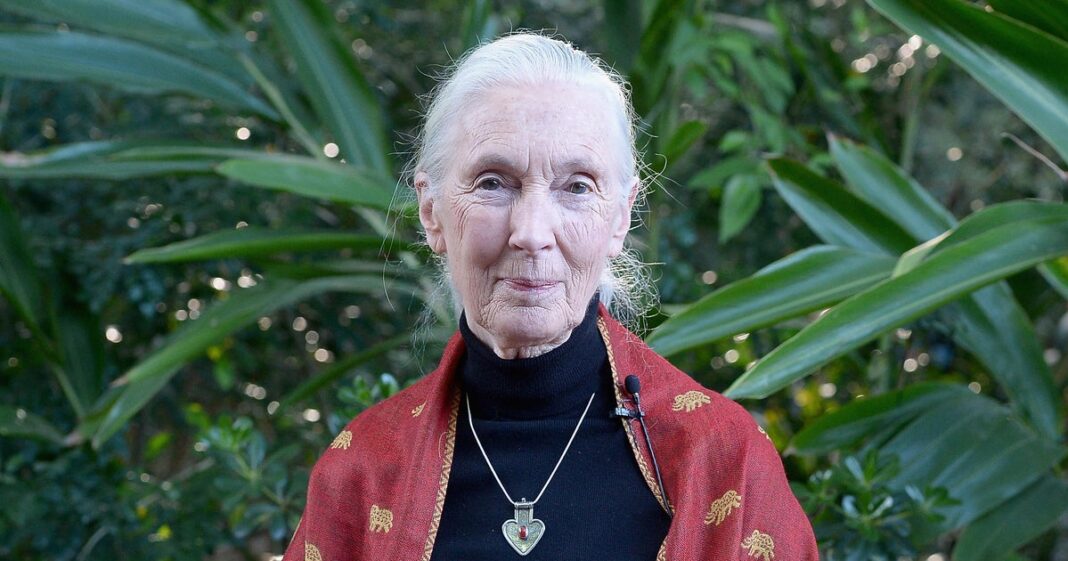Tennessee’s highest court has set execution dates for four individuals on death row, which includes one woman—Christa Pike, who was 18 years old when she was sentenced over a brutal killing in 1995.
The Tennessee Supreme Court’s Tuesday decision affects Pike, now 48, who is the state’s sole female death row inmate, along with three male inmates: Tony Carruthers, Gary Sutton, and Anthony Hines.
Pike is scheduled to be executed on Sept. 30, 2026. Carruthers’ execution has been set for May 21, 2026, while Hines’ is Aug. 13, 2026, and Sutton’s is Dec. 3, 2026.
Pike’s death sentence stems from when she tortured and killed 18-year-old Colleen Slemmer, who was a fellow student at Knoxville Job Corps. She committed the crime with her then-boyfriend, Tadaryl Shipp, on the University of Tennessee’s Agricultural campus.
The killing involved stabbing and beating Slemmer, with the two carving a pentagram into her chest. Investigators say that Pike kept a fragment of Slemmer’s skull as a trophy from the murder. Shipp received a life sentence with parole eligibility, while Pike faced the ultimate penalty.
Pike’s criminal record grew in 2004 when she was convicted of attempting to strangle another inmate during a prison fight, resulting in an additional 25-year sentence.
Pike’s legal team petitioned the state’s supreme court to reduce her sentence, citing her young age and what they described as “severe mental illness at the time of her crime”.
Her defense team detailed a history of childhood trauma, including physical and sexual abuse and neglect. Pike’s mental health challenges included bipolar and post-traumatic stress disorders, which remained undiagnosed until years following her arrest.
“With time and treatment … Christa has become a thoughtful woman with deep remorse for her crime,” according to a Wednesday statement from her legal team.
Procedural Concerns
Tennessee’s execution schedule comes as the state has restarted capital punishment after procedural concerns. The state initiated a new execution phase in May after a three-year suspension caused by revelations that lethal injection drugs were not undergoing proper purity and potency testing.
An independent investigation thereafter found that none of the chemicals used for seven Tennessee executions since 2018 had undergone complete testing. The State Attorney General’s Office acknowledged in court proceedings that two officials primarily responsible for overseeing lethal injection drugs “incorrectly testified” under oath regarding required chemical testing protocols.
Black’s case was uniquely challenged, including an unsuccessful lawsuit by his attorneys to halt the execution because of his internal pacemaker-defibrillator, which they argued could cause painful cardiac shocks during lethal injection.
Media witnesses of the execution reported that Black said, “It hurts so bad,” during his execution. His autopsy revealed pulmonary edema, a lung fluid condition that his legal team argued would create sensations similar to drowning or suffocation.
Federal public defender Kelley Henry, representing multiple death row inmates, said in a statement that there will be a fight to address ongoing concerns about executions.
“We will continue to fight to bring the truth of what happened to light before these executions move forward to protect our clients from being tortured the way Byron was,” Henry said in a Wednesday statement.
3 Others Await Scheduled Execution
The three others, Carruthers, Hines, and Sutton, affected by the court’s decision, have varying criminal backgrounds.
Hines was convicted for the fatal stabbing of Katherine Jean Jenkins, 54, a motel employee in Kingston Springs in 1985.
Sutton faces execution for the 1992 shotgun killing of Tommy Griffin, 24, following his previous conviction for murdering Griffin’s sister, Connie Branam, whose remains were found in her burned vehicle.

(L–R) Death row inmates Gary Sutton, Tony Carruthers, and Anthony Darrell Hines. Tennessee Department of Correction via AP
Sutton has always maintained his innocence, with his attorneys noting that “The scientific evidence linking Gary to the case is from disgraced state medical examiner Charles Harlan who was later stripped of his license,” according to their statement. They said that Griffin was Sutton’s friend and argued that there exists “no motive for the crime and no direct evidence linking Gary to the murder”.
Carruthers received his death sentence in 1996 for the robbery and killing of three people in 1994: Marcellos Anderson, 21, Frederick Tucker, 17, and Delois Anderson, 43. Authorities said that Marcellos Anderson was a drug dealer, and Carruthers attempted to take control of illegal narcotics sales in their Memphis neighborhood.
Carruthers represented himself at trial after repeatedly objecting to court-appointed counsel and making threats against several attorneys.
Meanwhile, Harold Nichols, 64, also awaits execution under an earlier court order for the 1988 rape and murder of Karen Pulley in Hamilton County. Donald Middlebrooks’ execution is suspended pending federal court resolution of challenges to Tennessee’s execution protocols. Middlebrooks, now 62, was found guilty of the first-degree murder, kidnapping, and torture of 14-year-old Kerrick Majors in a crime committed in 1987.
The Associated Press contributed to this report.


